Why is my child vomiting?

Nausea and vomiting are common in children and generally occur as part of a moderate, short-term sickness caused by a viral infection. Although most children recover without therapy from nausea and vomiting, it is crucial to know when to seek help if the kid does not improve. When nerves in the body or brain detect a trigger, such as food poisoning, certain illnesses or drugs, or motion, vomiting happens. Nausea frequently precedes vomiting, however this is not always the case.
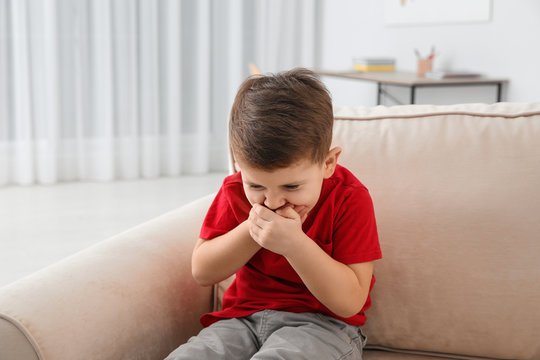
Younger children may not identify nausea, but they may complain of a stomach discomfort or other general problems.
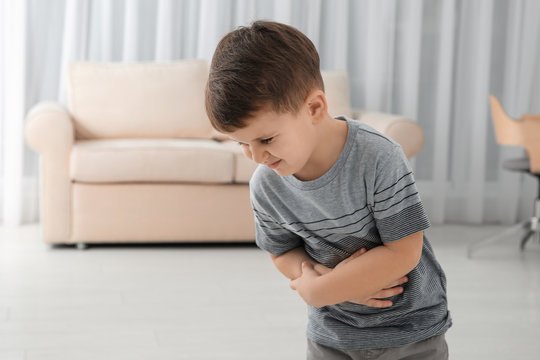
Vomiting is generally beneficial because it allows the body to purge itself of potentially hazardous chemicals.
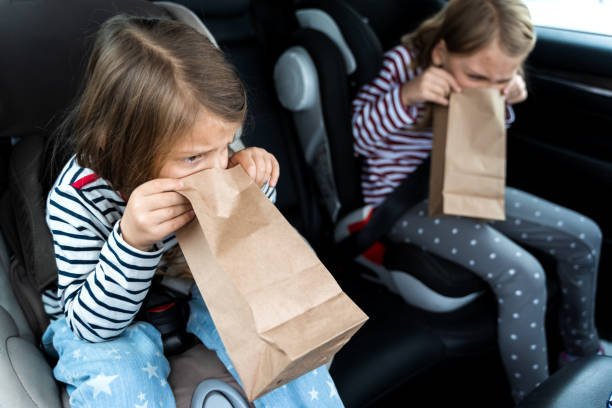
However, even if an infant or kid has consumed a dangerous chemical, drugs and ways to induce vomiting (e.g., ipecac syrup, sticking a finger in the throat) are no longer suggested.
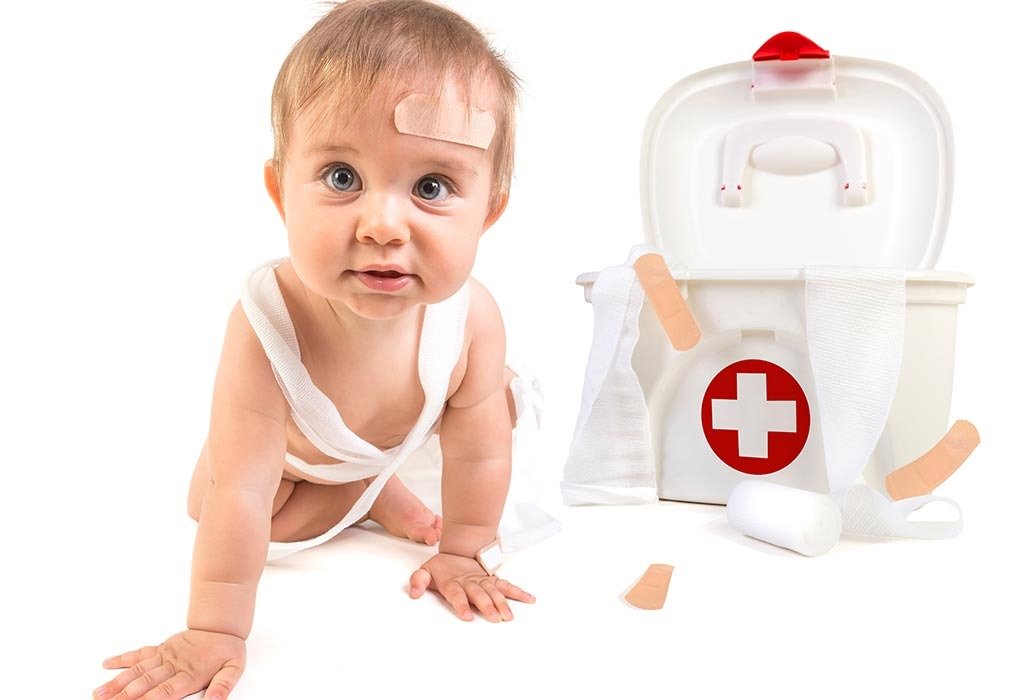
In this instance, it is advisable to contact for emergency medical aid right away.
Vomit versus spit up

Although the phrases are sometimes used interchangeably, there is a distinction between vomiting and spitting up. Vomiting is frequently more forceful and greater in size. Spitting up is frequently associated with a burp after dining. This is known as gastroesophageal reflux disease (GER). The majority of infants spit up milk or formula through their mouths or noses.
CAUSES OF VOMITING

Vomiting can be caused by a many different reasons. The probable reasons of vomiting vary according to the age of the kid. Newborns and babies in their first year of life — Because some newborns reflux forcefully or in big volumes, it can be difficult to distinguish if an infant is spitting up or vomiting. Your child’s doctor or nurse can assist you in determining the reason and whether treatment is required.

Forceful vomiting in newborns and early babies (up to three months old) might suggest a dangerous illness that necessitates further assessment.
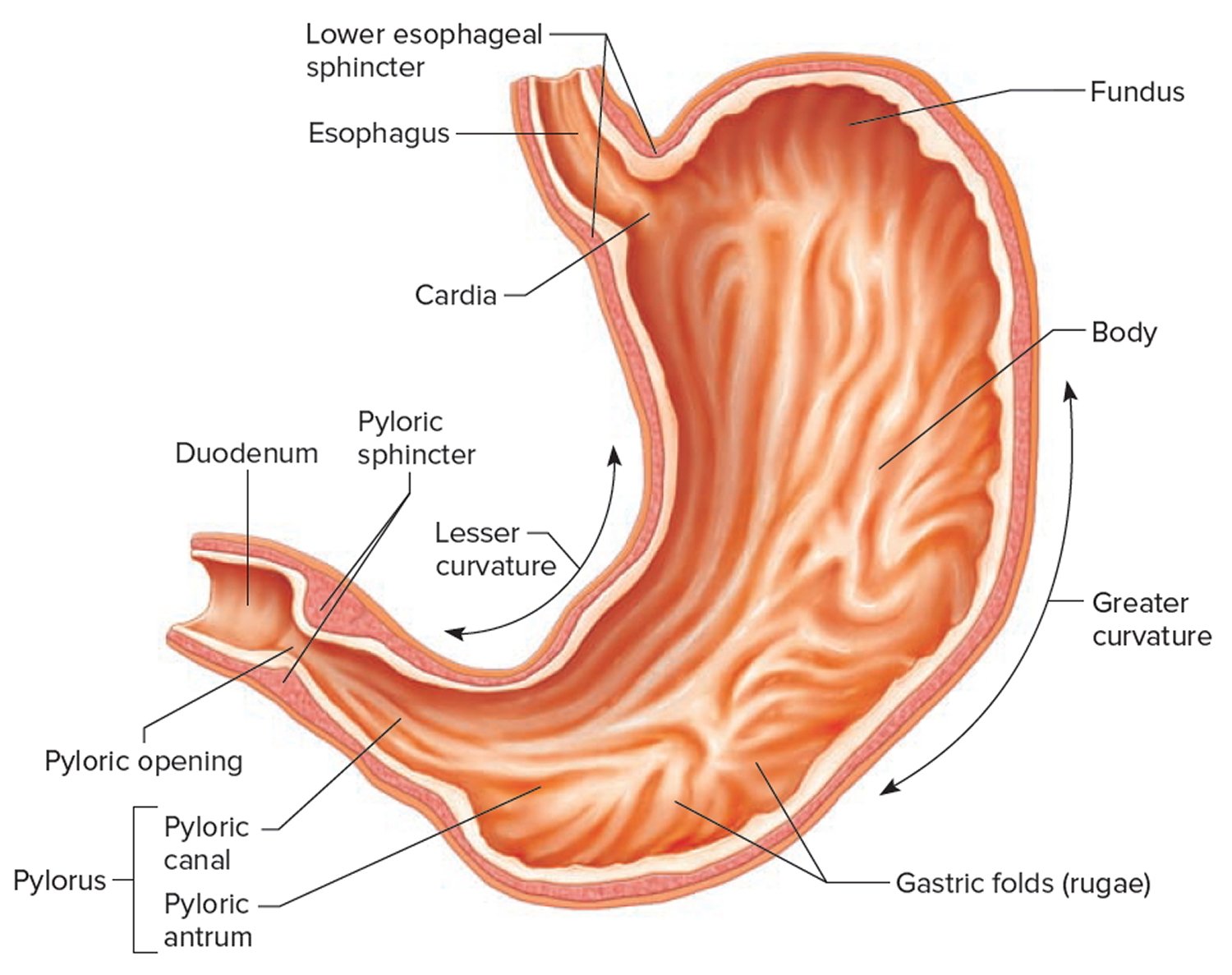
A blockage or narrowing of the stomach (pyloric stenosis) or a blockage of the intestines are two potential reasons of vomiting in these infants (intestinal obstruction).

Infections of the colon or other regions of the body can also cause infants to vomit. A doctor or nurse should be seen if a young infant (newborn to three months) develops a temperature of 100.4oF (38oC) or higher, with or without vomiting. Infants and children above the age of one — Infectious gastroenteritis (an infection of the stomach or intestines), generally caused by a virus, is the most prevalent cause of vomiting in older babies and children.

Vomiting induced by gastroenteritis generally occurs suddenly and disappears fast, usually within 24 to 48 hours. Nausea, diarrhoea, fever, and stomach discomfort are some of the other symptoms of gastroenteritis. Gastroenteritis can occur as a result of consuming contaminated food or putting a contaminated object (or hand) into one’s mouth. The viruses that cause gastroenteritis are easily transmitted.

Hand washing is very important in preventing the transmission of these illnesses.
Vomiting happens less often after ingesting inadequately kept or cooked meals containing germs or poisons; this is known as food poisoning.
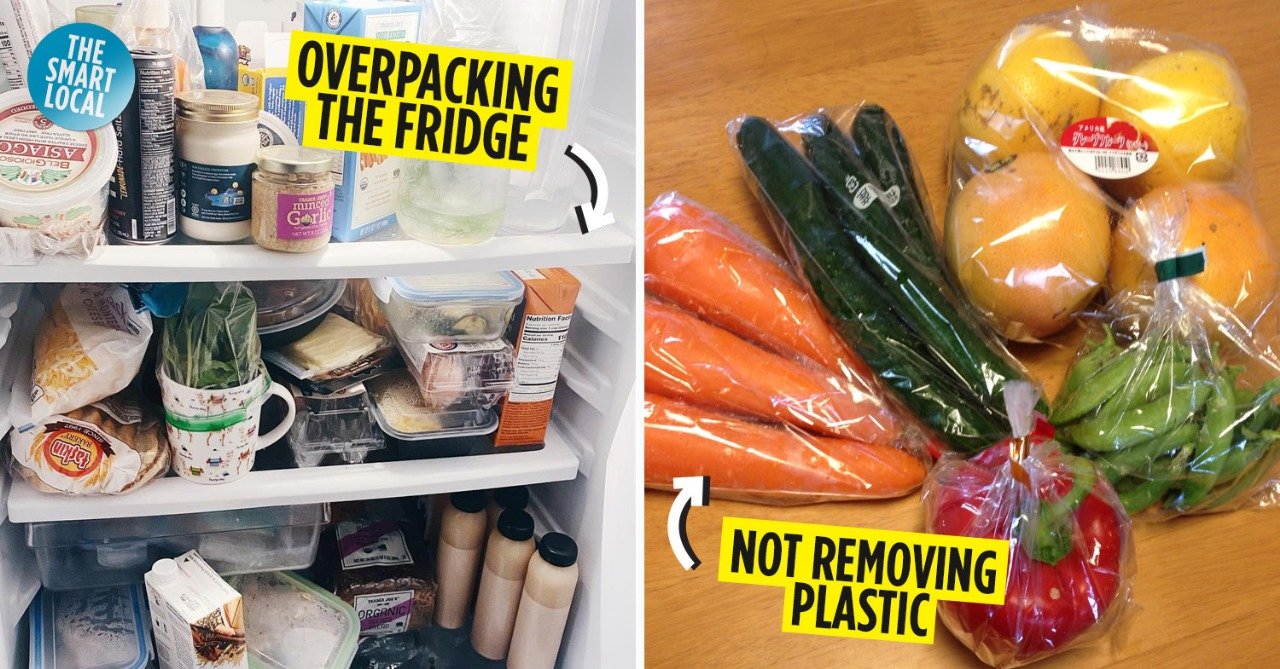
Other disorders, such as gastric reflux, peptic ulcer disease, an intestinal blockage (obstruction), cyclic vomiting syndrome, respiratory and urinary tract infections, and others, can also induce vomiting in older babies and children.
Adolescents — Infectious gastroenteritis is the most prevalent cause of nausea and vomiting in adolescents, as it is in children. Vomiting in a teenager with gastroenteritis normally resolves within 24 to 48 hours.Appendicitis-(inflammation of the appendix), induced vomiting (as seen with bulimia), frequent use of marijuana (cannabis), pregnancy, gastric ulcers (of the stomach), pancreatitis (inflammation of the pancreas), inflammatory bowel disease (eg, Crohn disease), and ingestion of toxic substances are among the less common causes of vomiting in adolescents
DIAGNOSIS OF NAUSEA AND VOMITING
The majority of youngsters who vomit do not require medical attention. However, you should keep an eye out for symptoms that the kid is growing worse or that he or she is not getting better within 24 hours. If your kid is in severe or chronic pain or shows indications of dehydration, he or she should be examined as soon as possible. If you are concerned about your kid, contact his or her doctor or nurse. (See ‘When to Seek Help’ for further information.) If the kid visits a doctor or nurse, he or she will go over the child’s medical history, examine him or her, and, if necessary, do the testing.
HOW TO CARE AT HOME FOR NAUSEA & VOMITING

The following are some easy suggestions for caring for children who are nauseated or vomiting at home.
Keep an eye out for dehydration – Dehydration can occur in children who are vomiting.
Mild dehydration symptoms include:
A somewhat parched or dry tongue
●Thirst
Mildly dehydrated children may not require emergency medical intervention, but they should be observed for symptoms of increasing dehydration. The following are symptoms of moderate or severe dehydration: Reduced urination (not going to the bathroom or no wet diaper in six hours) When sobbing, there is a shortage of tears. a parched or dry mouth Eyes that have sunk Hands and feet that are cool or clammy
●Listlessness
A doctor or nurse should assess a kid who is moderately or severely dehydrated as soon as feasible. Dietary recommendations — Children who are vomiting but are not dehydrated can continue to eat a regular diet as tolerated. Dehydrated children require rehydration (replacement of lost fluid)
